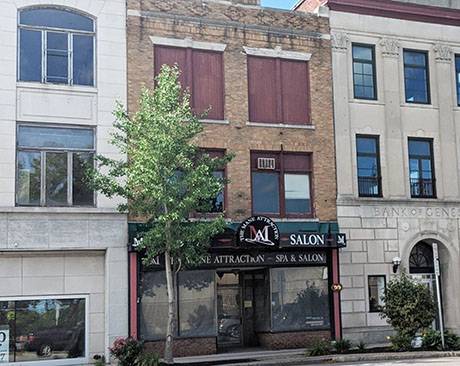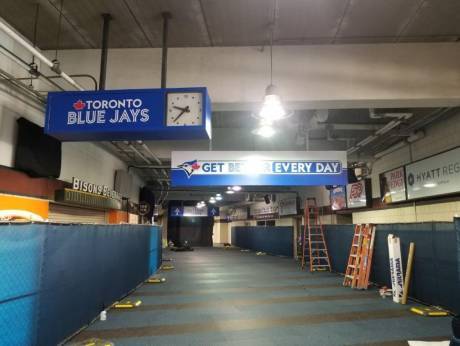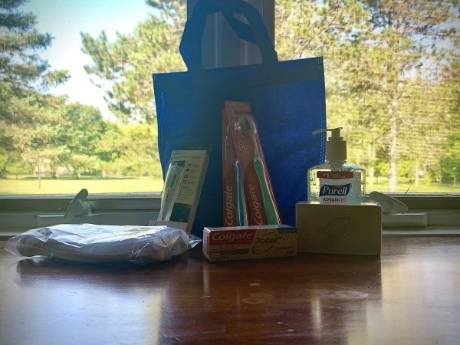The passing of a resolution authorizing the Town of Batavia to apply for a $750,000 New York State grant is welcome news to officials of Upstate Niagara Cooperative Inc., the dairy farmer-owned conglomerate that purchased the former Alpina Foods plant in the Genesee Valley Agri-Business Park on East Main Street Road.
“We’re targeting on opening as soon as reasonably possible pending the OCR (Office of Community Renewal Community Development Block Grant) approval and equipment ordering, as we need additional equipment for the facility,” said Mike Patterson, chief financial officer for the company – formed in 2006 as a result of a merger between Upstate Farms Cooperative and Niagara Milk Cooperative.
The Batavia Town Board this afternoon passed the measure, along with another OCR grant application for the same amount for a $21.6 million project at HP Hood LLC, in the Agri-Business Park to install a new filler line. The HP Hood plan would created about 56 new jobs, including positions that would provide entry-level employee training.
The Alpina plant has been vacant for the last 18 months following Upstate’s $22.5 million purchase of what was a $60 million investment by Alpina, a Colombia-based company that attempted to break into the U.S. Greek yogurt market more than six years ago.
Patterson said company leaders have been “trying to figure out the best use for the plant,” adding that they spent another $1 million since the acquisition and are investing an additional $4,040,000 to get the processing plant up and running.
Currently, Upstate has employees working at its membership office in the R.E. Chapin building and at the O-At-Ka Milk Products facility, both on Ellicott Street Road.
All told, the cooperative employs 1,800 people in New York, Patterson said, with the opening of the Batavia plant expected to create 50 more jobs.
Patterson said the OCR grant will support the purchase of necessary equipment and the training of new employees.
“One of the toughest issues we face in this area is finding qualified help, so we’re trying to get employees that are ready to be trained, and they will be brought into our manufacturing sites – not only for us but for Hood and O-At-Ka and other places,” he said. “It was all part of this project.”
The Genesee Gateway Local Development Corporation, an arm of the Genesee County Economic Development Center, is acting as a pass-through for the grant/loan to reach Upstate.
“We get involved with the Office of Community Renewal and have done a bunch of these projects throughout time when we get great companies investing in Genesee County,” said Chris Suozzi, GCEDC vice president of Business Development. “We want to be able to help them out.”
He said the OCR program has been “our friend” and is confident that Upstate will receive the grant.
“It’s one of the great grant or low-interest loan programs,” he said. “The grant program is kind of how we’ve devised it with the companies, and it helps them continue to grow.”
Patterson said the current project does not include any tax incentives from the GCEDC.
“The original IDA (Industrial Development Agency) tax abatements were given to Alpina when they built the facility. There is no new additional IDA money that way for that (but) there would be on any future expansion.”














